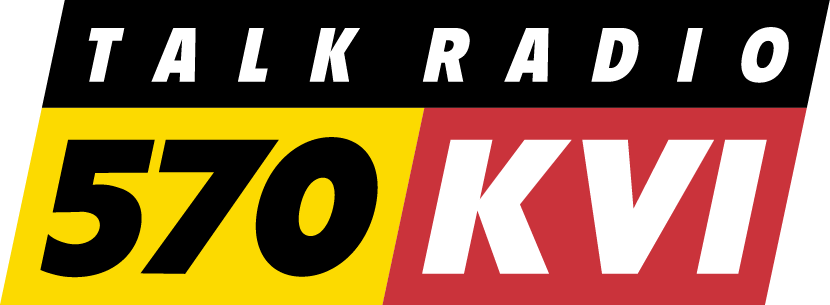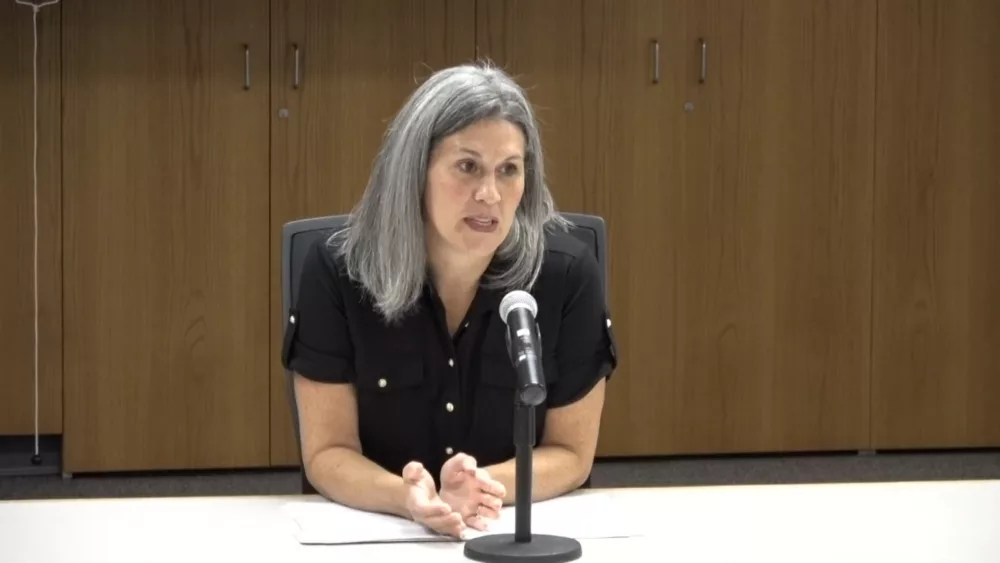(The Center Square) – Last year, a new law required many employers in Washington state to include the salary range and a general description of benefits in job postings seeking workers.
The intent was to ensure that prospective applicants knew up front how much a job would pay and hold employers accountable to that. The new law applies to employers with 15 or more workers who are recruiting applicants, either through electronic and print media, for specific positions and qualifications.
But a trending strategy to use very wide pay ranges could potentially harm recruitment, according to a study conducted by a Washington State University researcher and published in the Journal of Applied Psychology.
Kristine Kuhn, of WSU’s Carson College of Business, found that participants in three different experiments were more likely to respond negatively to job ads with very wide pay ranges and view those employers as less trustworthy, according to a press release posted Wednesday by WSU News and Media Relations.
In her comments, Kuhn observed, “It’s not just a choice between including a pay range or not. How compensation information is communicated matters, and at least in this study, having a very wide range might send a negative signal to potential applicants.”
In Kuhn’s experiments, participants viewed job ads with low and high salary gaps that ranged from $10,000 to more than $50,000. The experiment groups included college students, college graduates, and individuals with recent job search experience.
“Across all three experiments, on average ads with larger pay ranges evoked less favorable impressions of the employers than the narrower ranges,” the WSU article stated.
The study found an ad with a pay range of $58,100 to $152,500 was viewed with the greatest skepticism and some participants provided written responses in which they viewed the range as dishonest, disingenuous, or ludicrous.
One participant questioned whether any applicant would ever be offered a salary at the top of the range, regardless of credentials. But some others viewed the wide range as a positive, believing it provided room for growth without needing a promotion to another job.
Kuhn said advertising a pay range should streamline the recruiting process, but some organizations without well-defined job structures may post a wide salary scale and then tailor the position to candidates who respond. She referred to a “goldilocks area of a just-right pay range” that provides flexibility to employers, avoids sending negative signals to prospective applicants, and allows for some negotiation while complying with legal requirements.






